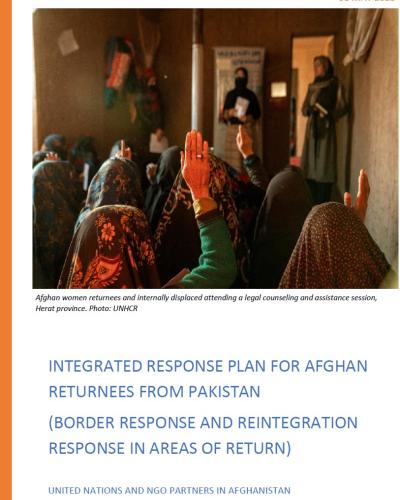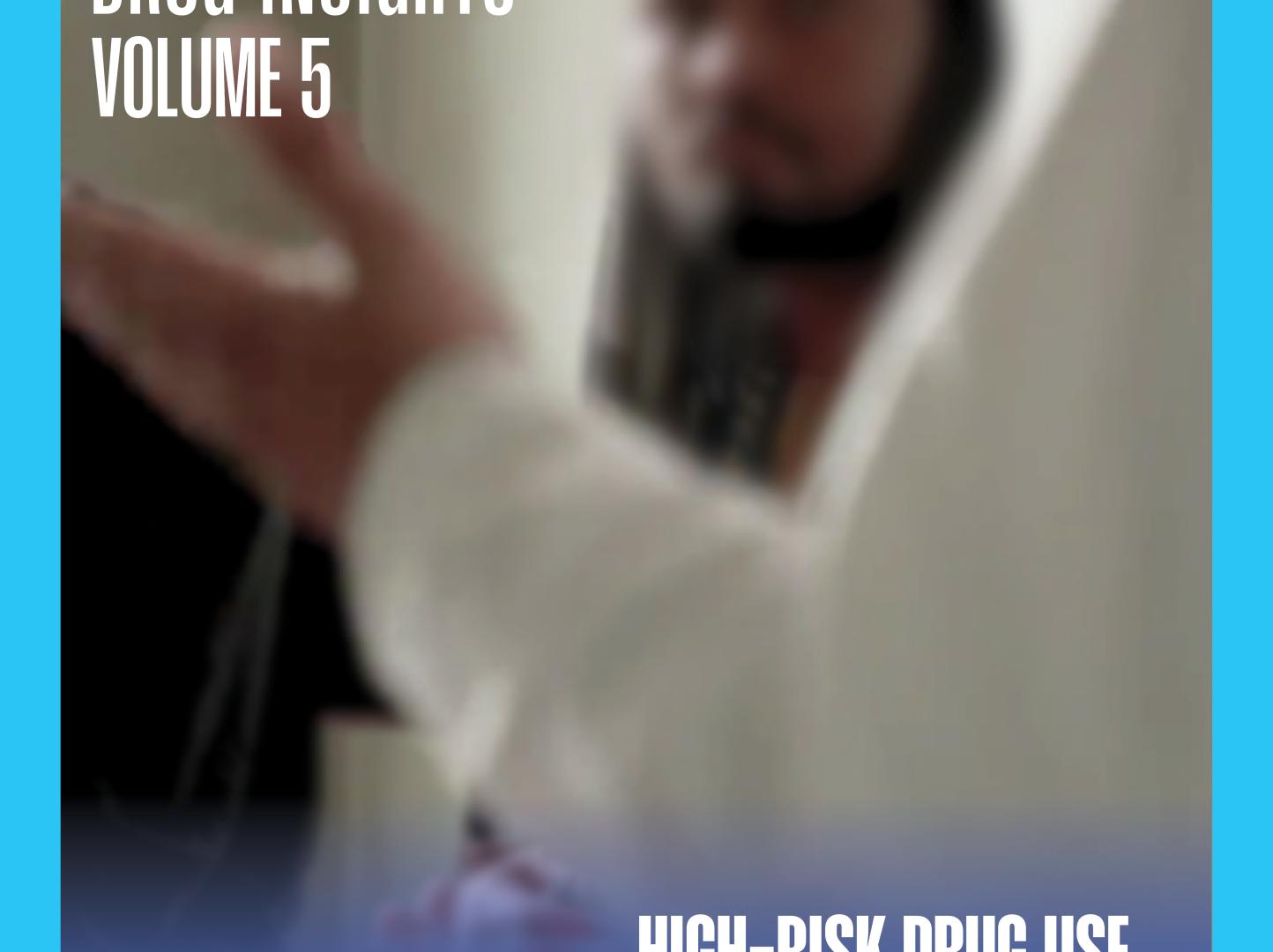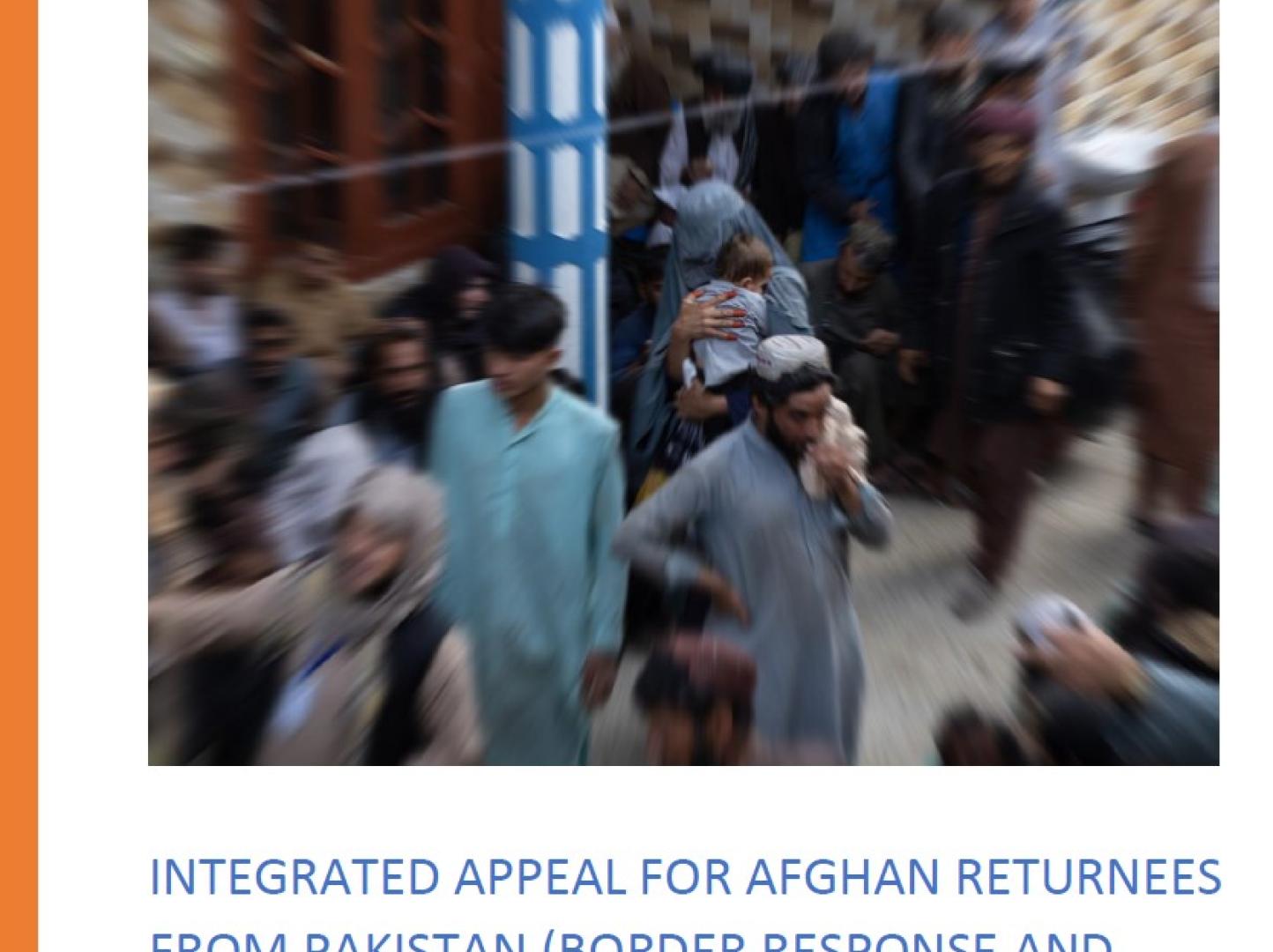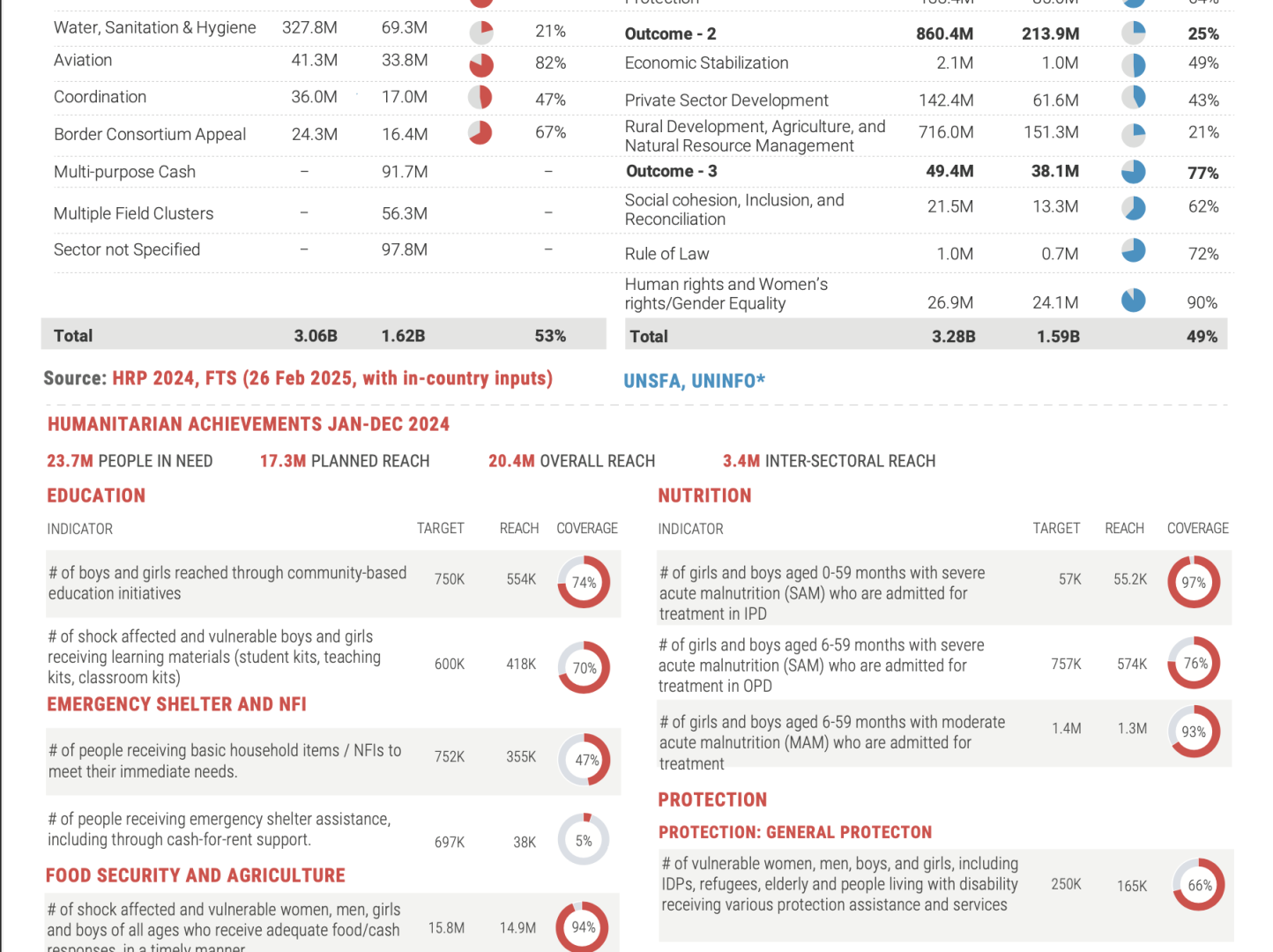Integrated Response Plan for Afghan Returnees from Pakistan 2025

The Government of Pakistan’s "Illegal Foreigners’ Repatriation Plan – I" (IFRP-I), launched in September 2023, triggered the mass return of Afghans—both voluntary and forced—to Afghanistan. By 26 April 2025, 986,268 Afghans had returned with 87% undocumented, 9% documented holding Proof of Registration (PoR) cards, and 4% Afghan Citizen Card (ACC) holders, including 180,277 who have returned between 01 January and 26 April 2025. Sixty-one per cent of all returnees are under 18 whereas 17 per cent are women headed households. Presently, an estimated 3 million Afghans remain in Pakistan. In continuation of the previous IFRPs, the Pakistan’s government has announced a third phase to repatriate all illegal foreigners, including ACC holders. All illegal foreigners and ACC holders were advised to leave the country voluntarily after 31 March 2025, with deportations commencing from 1 April 2025. Following this decision, the UN have observed an incremental increase in both spontaneous returns and deportations of Afghans, it is expected that this will continue to end of December 2025. Projected worst case scenario may see returnees’ figures reaching up to 20,000 individuals per day through Spin Boldak and Torkham crossing points if there will be instigation of hard push back of returnees, as was the case in the first phase of IFRP To address the returns crisis in 2025, the United Nations and NGOs have developed an Integrated Response Plan, focusing on emergency assistance at border crossings (via the Border Consortium) and medium- to long-term reintegration support in Areas of Return (AoR) through Durable Solutions Working Groups (DSWG) at national and regional level. This Integrated Response Plan recognizes that a sustainable reintegration solution strategy must connect immediate humanitarian aid at borders and in AoR transitioning into medium-to-long-term reintegration assistance in Displacement Affected Communities (DACs). The 2025 Integrated Response Plan, building on the 2024 Integrated Response Plan, which was formatted along the same structure in April last year. The 2025 Integrated Response Plan’s architecture consists of two interlinked components: (i) Immediate Border Response – Delivering urgent humanitarian aid (cash, medical care, nutrition screening, protection services) to returnees upon arrival at the border crossing points; and (ii) Comprehensive Reintegration Support – A multi-sectoral, area-based, community-centric, whole-of-displacement intervention to restore resilient livelihoods, provide essential services (education, healthcare, WASH, nutrition and protection services) and housing solutions, and strengthen community access to productive infrastructure while upholding gender-sensitive protection principles. This end-to-end framework builds on existing mechanisms, including the 2023-2027 UN Strategic Framework for Afghanistan (UNSFA), 2025 Humanitarian Needs and Response Plan (HNRP), draft Strategic Framework for Displacement Solutions in Afghanistan (2025-2027), and the ICCT Pakistan Returnee Contingency Plan (March 2025). Through its multi-phased strategy, the plan creates a seamless continuum from crisis relief to durable solutions, optimizing resource allocation while simultaneously mitigating socioeconomic pressures on displacement affected communities and fostering both social cohesion and sustainable reintegration for returnees. This approach reflects the UN and NGOs’ commitment to the "do no harm" principle, ensuring humanitarian resources are allocated efficiently targeting most in-need of assistance in Areas of Return (AoR) while medium-term reintegration programmes contribute to building conducive conditions in Displacement Affected Communities (DACs), enabling sustainable reintegration of returnees and strengthening local coping mechanism by addressing their displacement-associated vulnerability. Close coordination between the Border Consortium, ICCT led by OCHA, Durable Solutions Working Group (DSWG) led by Durable Solutions Secretariat at the UN Resident Coordinator’s Office (RCO), UN agencies and NGOs guarantees a cohesive response—balancing emergency needs with long-term stability in Displacement Affected Communities (DACs). This plan adopts a nexus approach, linking immediate humanitarian aid with durable solutions to foster sustainable reintegration and community resilience.
Author: UNITED NATIONS and NGO Partners in AFGHANISTAN













